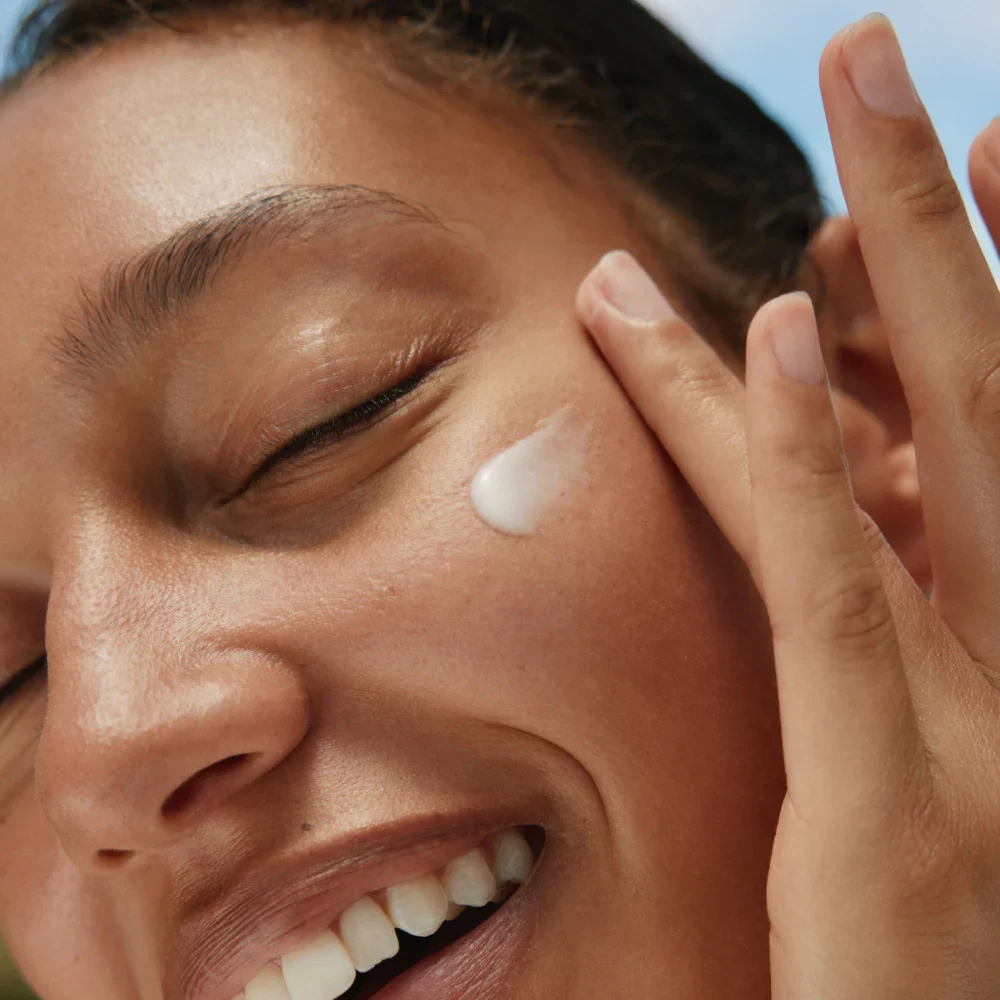
The Best Primer for Water-Based Foundation
Unlocking Flawless Skin:
The Best Primers for Water-Based Foundation
Makeup enthusiasts and professionals alike recognize the vital importance of primers in achieving a flawless, long-lasting makeup look. Primers serve as the essential bridge between skincare and makeup, creating an optimal canvas for foundation application. When it comes to water-based foundations, choosing the right primer becomes even more critical. Water-based foundations, known for their lightweight feel and natural finish, require a compatible primer to enhance their performance and longevity. The ideal primer not only smooths the skin’s texture but also helps to control oil, minimize the appearance of pores, and ensure that the foundation adheres properly throughout the day.Discover the best primer to pair with your water-based foundation for a flawless finish. Find the perfect match today!
Furthermore, a well-matched primer can address specific skin concerns, such as dryness, redness, or uneven texture, providing a customized base for makeup application. By creating a barrier between the skin and foundation, primers prevent the foundation from being absorbed too quickly, which is particularly beneficial for water-based formulas. This barrier effect not only extends the wear time of the makeup but also helps to maintain the foundation’s intended finish, whether it be dewy, matte, or natural. Additionally, primers can enhance the skincare benefits of water-based foundations by incorporating nourishing ingredients that hydrate and protect the skin. As the makeup industry continues to evolve, the selection of primers compatible with water-based foundations has expanded, offering solutions for various skin types and concerns.
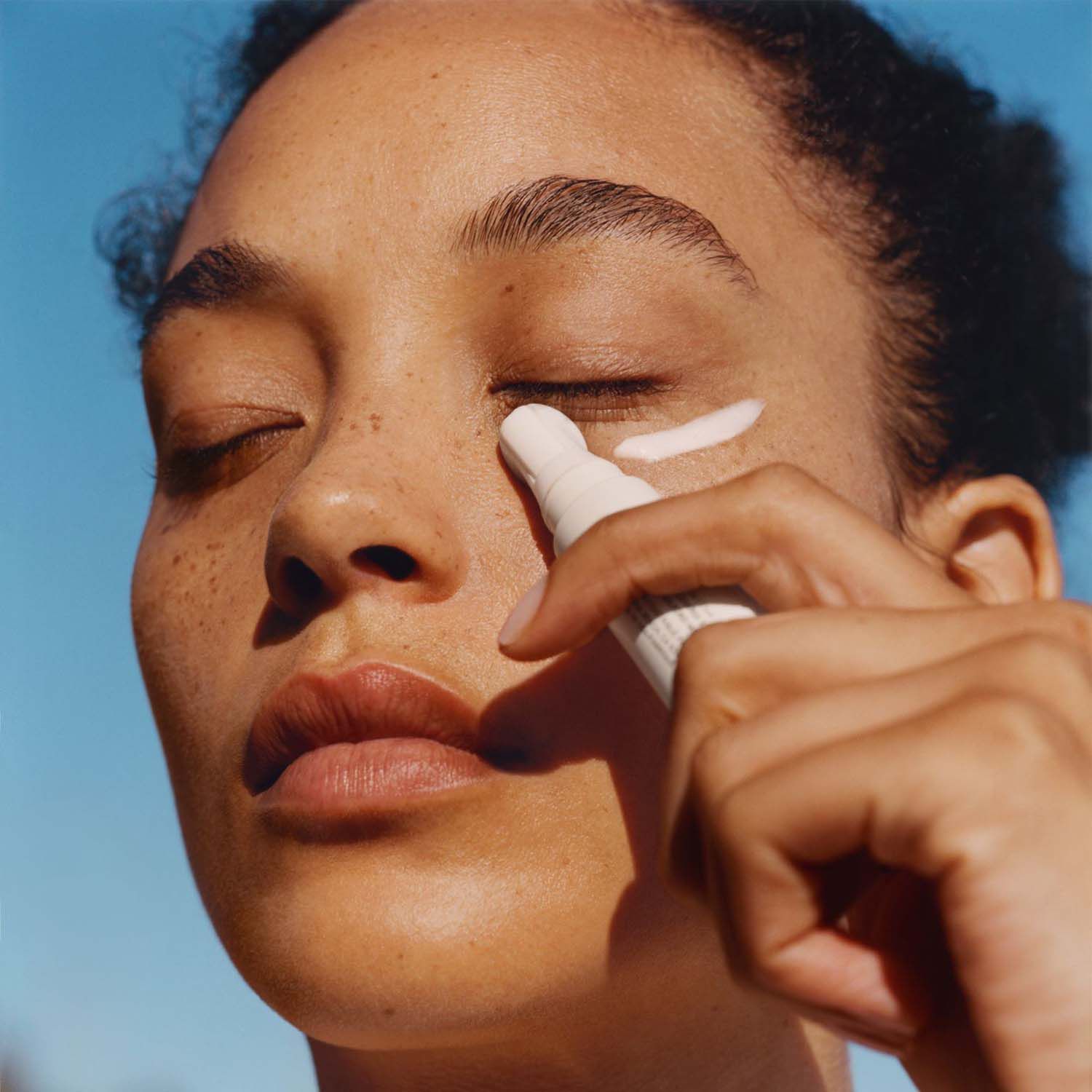
Understanding Best Primer for Water-Based Foundation and Their Unique Requirements
Before delving into the best primers for water-based foundations, it’s essential to understand what sets these foundations apart and why they require specific priming techniques. Water-based foundations, as the name suggests, use water as their main ingredient, resulting in a lightweight, breathable formula that allows the skin to breathe. These foundations are particularly beneficial for those with oily or acne-prone skin, as they are less likely to clog pores or exacerbate skin issues. However, the water-based nature of these foundations also presents unique challenges. They tend to have a shorter wear time compared to their oil-based counterparts and may not provide as much coverage for significant skin imperfections.
Additionally, water-based foundations can sometimes accentuate dry patches or settle into fine lines if not properly primed. The ideal primer for water-based foundations should, therefore, address these potential issues while enhancing the foundation’s natural, skin-like finish. It should provide adequate hydration to prevent the foundation from clinging to dry areas while also offering oil control to extend wear time on oily skin types. Moreover, the primer should be compatible with the water-based formula, meaning it should not contain heavy silicones or oils that could cause the foundation to separate or break down. By selecting a primer that complements the unique properties of water-based foundations, makeup wearers can ensure a seamless application and optimal performance throughout the day.
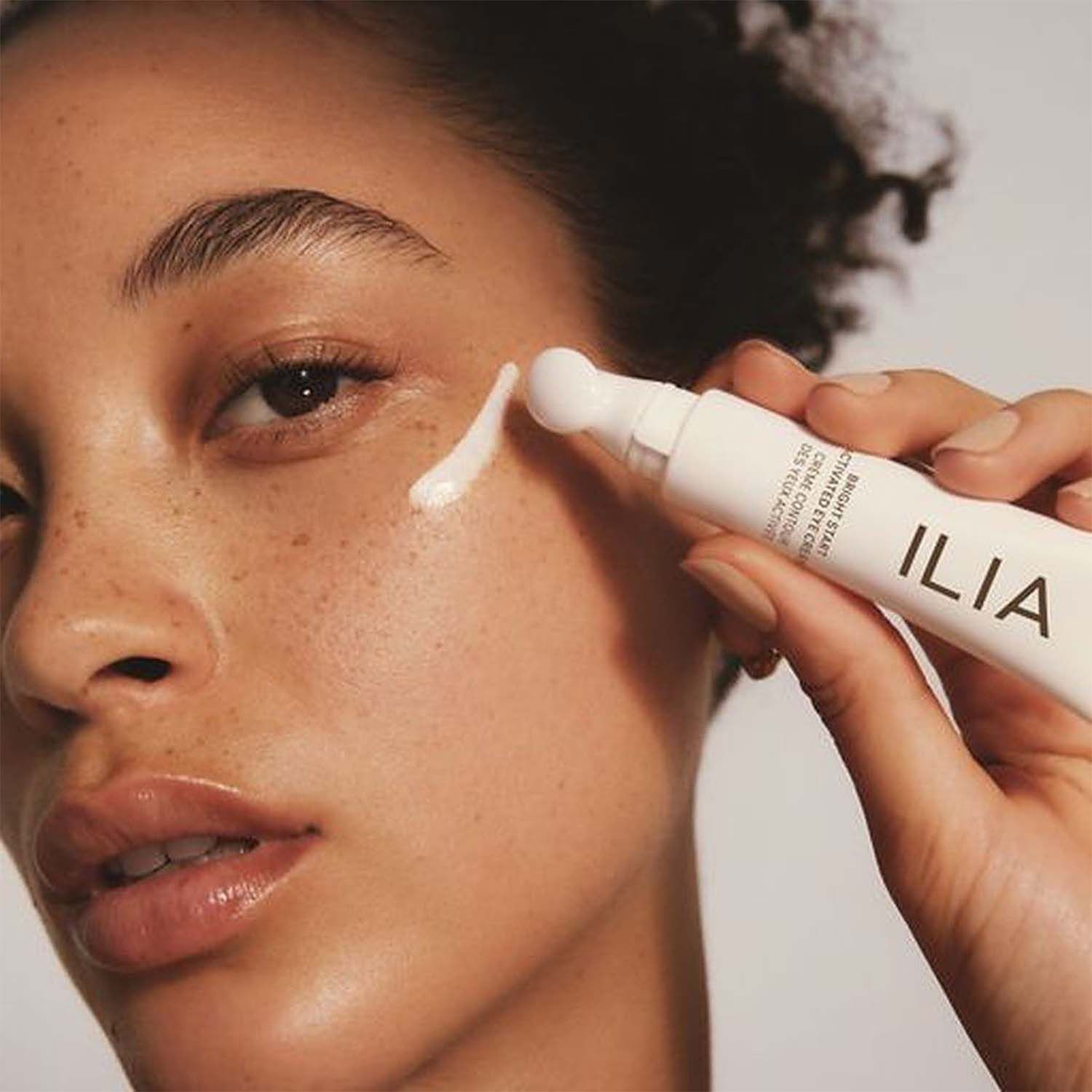
Hydrating Primers: The Key to Smooth Application
For those with normal to dry skin, hydrating primers prove to be an excellent choice when using water-based foundations. These primers focus on providing an extra boost of moisture, creating a smooth, plump canvas that allows the foundation to glide on effortlessly. Hydrating primers often contain ingredients such as hyaluronic acid, glycerin, or natural oils that attract and retain moisture in the skin.
This added hydration not only improves the application of water-based foundations but also helps to prevent the makeup from settling into fine lines or clinging to dry patches throughout the day. Some of the best hydrating primers for water-based foundations include products like the Too Faced Hangover Replenishing Face Primer, which uses coconut water and probiotics to nourish and brighten the skin, or the Bobbi Brown Vitamin Enriched Face Base, which combines the benefits of a moisturizer and primer in one product.
These hydrating primers work particularly well with water-based foundations as they enhance the foundation’s natural, dewy finish while providing a tacky base for improved adherence. Additionally, the moisturizing properties of these primers can help to extend the wear time of water-based foundations, which tend to have a shorter longevity compared to their oil-based counterparts. By creating a well-hydrated base, these primers ensure that the foundation doesn’t dry out or become patchy throughout the day, maintaining a fresh, radiant look from morning to night.
Oil-Control Primers: Combating Shine for Oily Skin Types
While water-based foundations are often favored by those with oily skin, a mattifying primer can further enhance their oil-controlling properties. Oil-control primers work by absorbing excess sebum and creating a smooth, matte surface for foundation application. These primers typically contain ingredients like silica, clay, or zinc oxide, which help to minimize the appearance of pores and control shine throughout the day.
When paired with water-based foundations, oil-control primers can significantly extend wear time and prevent the foundation from breaking down or becoming patchy in oily areas. Some top-performing oil-control primers for water-based foundations include the Becca Ever-Matte Poreless Priming Perfector, known for its powerful oil-absorbing properties, and the Cover FX Mattifying Primer with Anti-Acne Treatment, which not only controls oil but also helps to treat and prevent breakouts.
These primers work exceptionally well with water-based foundations as they create a balanced base that allows the foundation to adhere properly without adding extra oil or heaviness to the skin. Furthermore, the mattifying effect of these primers complements the natural, skin-like finish of water-based foundations, resulting in a fresh, shine-free complexion that lasts throughout the day. For those with combination skin, these oil-control primers can be strategically applied to the T-zone or other oily areas, while a hydrating primer can be used on drier parts of the face, creating a customized priming approach that addresses multiple skin concerns.
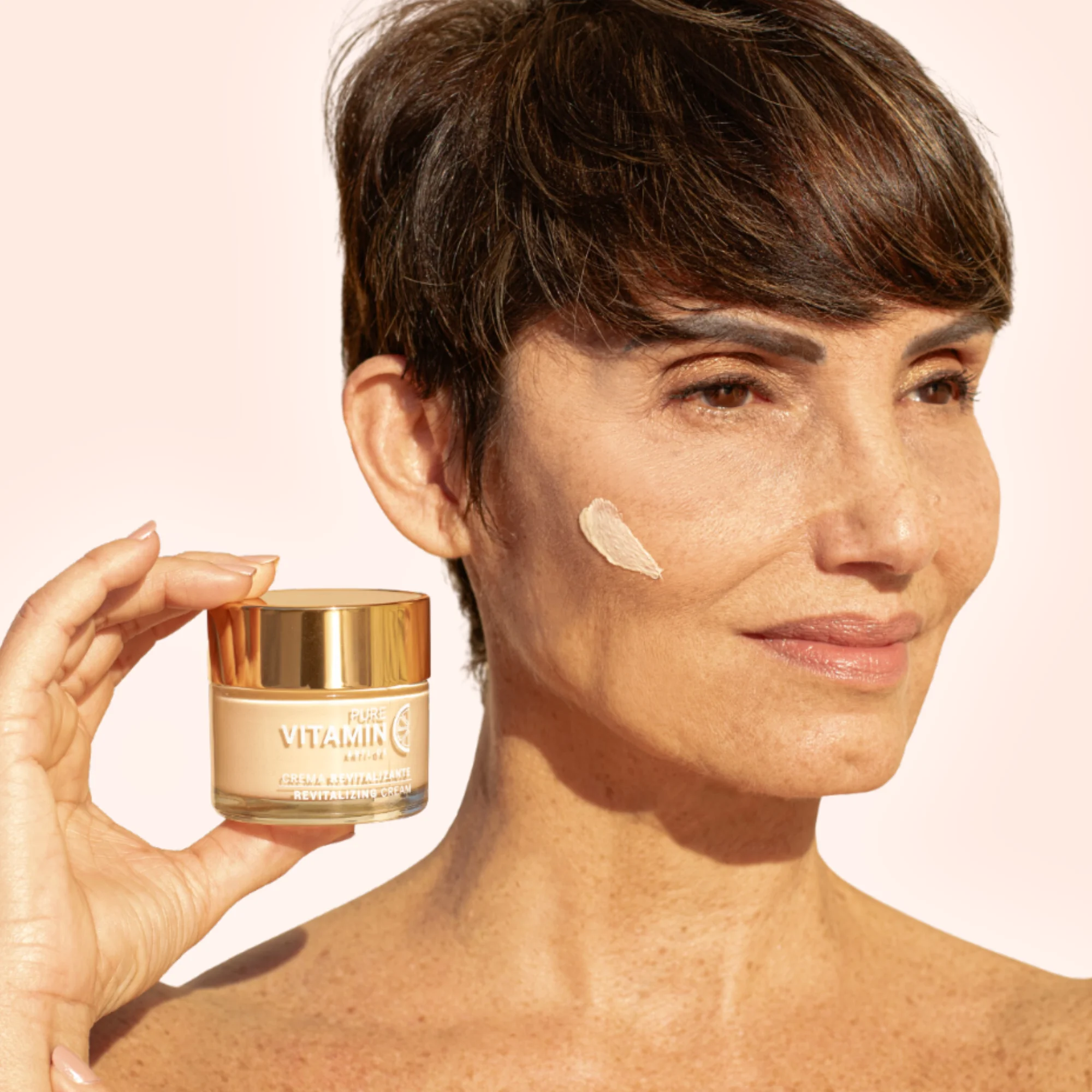
Color-Correcting Primers: Addressing Skin Tone Concerns
Color-correcting primers offer a dual benefit when used with water-based foundations. Addressing skin tone irregularities while providing a smooth base for makeup application. These primers come in various hues, each designed to counteract specific skin concerns: green to neutralize redness, purple to brighten sallow skin, peach to combat dark circles, and yellow to even out overall skin tone. When choosing a color-correcting primer for water-based foundations. It’s crucial to select a lightweight, non-greasy formula that won’t interfere with the foundation’s texture or finish.
Standout products in this category include the Stila One Step Correct. Which combines three color-correcting shades in one primer, and the NYX Professional Makeup Color Correcting Liquid Primer, available in different corrective shades to target specific concerns. These primers work harmoniously with water-based foundations by creating an even-toned canvas without adding heavy layers of product.
The color-correcting pigments in these primers help to minimize the amount of foundation needed for coverage, allowing the natural. Skin-like qualities of water-based foundations to shine through. Additionally, many color-correcting primers incorporate skincare benefits. Such as vitamins or antioxidants, which can improve skin texture and tone over time. By addressing skin tone concerns at the priming stage, these products enhance the overall performance of water-based foundations. Resulting in a more flawless, natural-looking finish that requires less touching up throughout the day.
Pore-Minimizing Primers: Achieving a Smooth Canvas
For those concerned with the appearance of enlarged pores, pore-minimizing primers can significantly enhance the performance of water-based foundations. These primers typically contain ingredients like silica or dimethicone. Which work to fill in and smooth over pores, creating an even surface for foundation application. The key to choosing a pore-minimizing primer for water-based foundations lies in selecting a formula that doesn’t feel heavy or silicone-heavy. As this can interfere with the foundation’s adherence and natural finish.
Some excellent options in this category include the Benefit Cosmetics POREfessional Face Primer. Renowned for its pore-blurring capabilities, and the Tatcha Silk Canvas Protective Primer. Which uses silk extracts to create a velvety-smooth finish. These primers excel when paired with water-based foundations as they provide a seamless base without adding excessive oil or weight to the skin. The pore-minimizing effect not only improves the appearance of the skin but also helps the water-based foundation to apply more evenly and last longer.
Additionally, many of these primers incorporate skincare benefits. Such as antioxidants or hydrating ingredients, which can improve skin texture over time. By creating a smooth, pore-less canvas, these primers allow water-based foundations to sit flawlessly on the skin, enhancing their natural. Skin-like finish and ensuring that the makeup looks fresh and polished throughout the day.
Illuminating Primers: Enhancing the Natural Glow
Illuminating primers offer a perfect complement to water-based foundations, especially for those seeking a radiant, dewy complexion. These primers typically contain light-reflecting particles or pearlescent pigments that impart a subtle glow to the skin, enhancing its natural luminosity. When paired with water-based foundations, illuminating primers can boost the foundation’s inherent ability to create a fresh, youthful appearance. Some standout illuminating primers that work well with water-based foundations include the Becca Backlight Priming Filter, known for its soft-focu. Luminous effect, and the Charlotte Tilbury Hollywood Flawless Filter, which can be used as both a primer and a highlighter.
These primers enhance the skin’s radiance without compromising the lightweight feel of water-based foundations. The key to using illuminating primers effectively with water-based foundations lies in choosing a formula that provides a natural-looking glow rather than obvious sparkle or glitter. Many illuminating primers also incorporate skincare benefits. Such as hydrating ingredients or antioxidants, which can improve skin texture and appearance over time.
By adding a subtle luminosity to the skin. These primers create a beautiful base that allows the natural, skin-like qualities of water-based foundations to shine through. The result is a radiant, healthy-looking complexion that appears lit from within. Enhancing the overall effectiveness of the water-based foundation and creating a long-lasting, glowing finish.
Multi-Tasking Primers: Combining Skincare and Makeup
The trend towards multi-functional beauty products has given rise to primers that offer both skincare benefits and makeup-enhancing properties. Making them ideal companions for best primer water-based foundation. These hybrid primers often incorporate active ingredients typically found in skincare products. Such as antioxidants, peptides, or SPF, while also providing the traditional priming benefits of smoothing and perfecting the skin. When choosing a multi-tasking primer for water-based foundations, it’s important to select one that complements the foundation’s lightweight, breathable nature.
Some excellent options in this category include the Bobbi Brown Primer Plus Protection SPF 50. Which combines sun protection with priming benefits, and the It Cosmetics Your Skin But Better Primer+. Which hydrates, smooths, and improves skin texture over time. These primers work exceptionally well with water-based foundations. As they enhance the skin’s overall health and appearance without adding heavy layers or compromising the foundation’s natural finish.
The skincare benefits in these primers can help to address various concerns. Such as fine lines, uneven texture, or dullness, while also creating an optimal base for makeup application. By improving the skin’s condition over time, these multi-tasking primers can potentially reduce the need for heavy foundation coverage. Allowing the natural beauty of the skin to shine through. This synergy between skincare and makeup not only enhances the immediate appearance of the skin but also contributes to long-term improvements in skin health and texture.
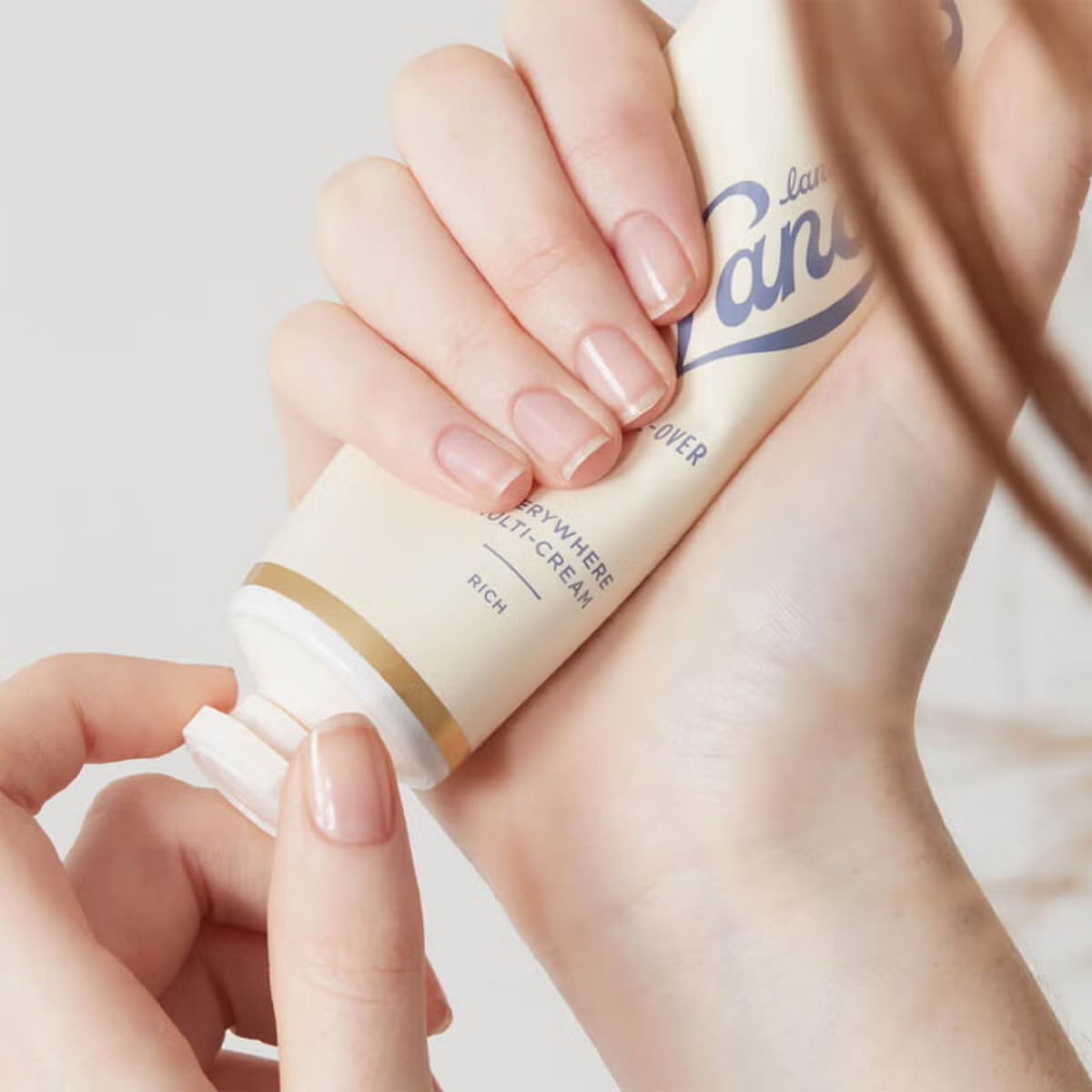
Application Techniques for Optimal Results
Choosing the right primer is only half the battle when it comes to achieving a flawless base for water-based foundations. Proper application techniques play a crucial role in maximizing the benefits of both the primer and the foundation. To begin, it’s essential to start with a clean, well-moisturized face. Allow the moisturizer to fully absorb before applying the primer. When it comes to primer application, less is often more. Start with a small amount, about the size of a pea, and gently massage it into the skin using upward, circular motions.
Focus on areas where the foundation tends to fade first, such as the T-zone. Where there are visible pores or fine lines. For those using color-correcting or illuminating primers. It’s often best to apply these products strategically rather than all over the face. Allow the primer to set for a minute or two before applying the water-based foundation. When it comes to foundation application. Using a damp beauty sponge or a densely packed brush can help to achieve a seamless blend with the primed skin.
Apply the foundation in thin layers, building up coverage as needed, to maintain the lightweight feel of the water-based formula. For areas requiring extra coverage, gently pat the foundation into the skin rather than rubbing, which can disturb the primer underneath. Finally, set the makeup with a light dusting of translucent powder or a setting spray to lock everything in place. By following these application techniques. Makeup wearers can ensure that their chosen primer works in harmony with their water-based foundation. Resulting in a flawless, long-lasting finish.
The Future of Best Primer for Water-Based Foundation
As the beauty industry continues to evolve, the future of primers for water-based foundations looks bright and innovative. Emerging trends point towards even more specialized formulations that cater to specific skin types and concerns while maintaining compatibility with water-based foundations. One exciting development is the incorporation of advanced skincare technologies into primers. Such as encapsulated ingredients that release throughout the day, providing continuous benefits to the skin.
Another trend is the rise of customizable primers that allow users to adjust the level of hydration. Oil control, or illumination based on their daily needs. Sustainability is also becoming a key focus, with many brands developing eco-friendly packaging and formulas that are both effective and environmentally conscious. Additionally, the increasing demand for inclusive beauty products is driving the creation of primers that cater to a wider range of skin tones and types. Ensuring that everyone can find their perfect match.
Technology is also playing a role in the evolution of primers. With some brands exploring the use of AI and AR to help consumers select the best primer for their skin type and preferred water-based foundation. As these innovations continue to develop, makeup wearers can look forward to even more effective. Personalized priming solutions that enhance the performance of their water-based foundations while also improving overall skin health. The future of primers promises to bring products that not only create a flawless canvas for makeup but also contribute to long-term skin improvements. Blurring the lines between skincare and cosmetics even further.
